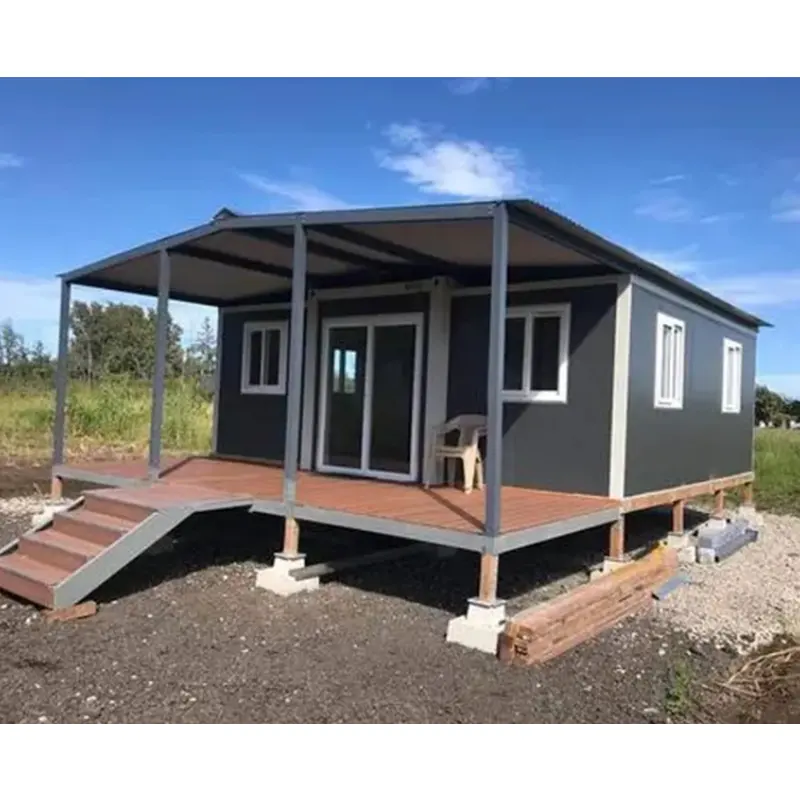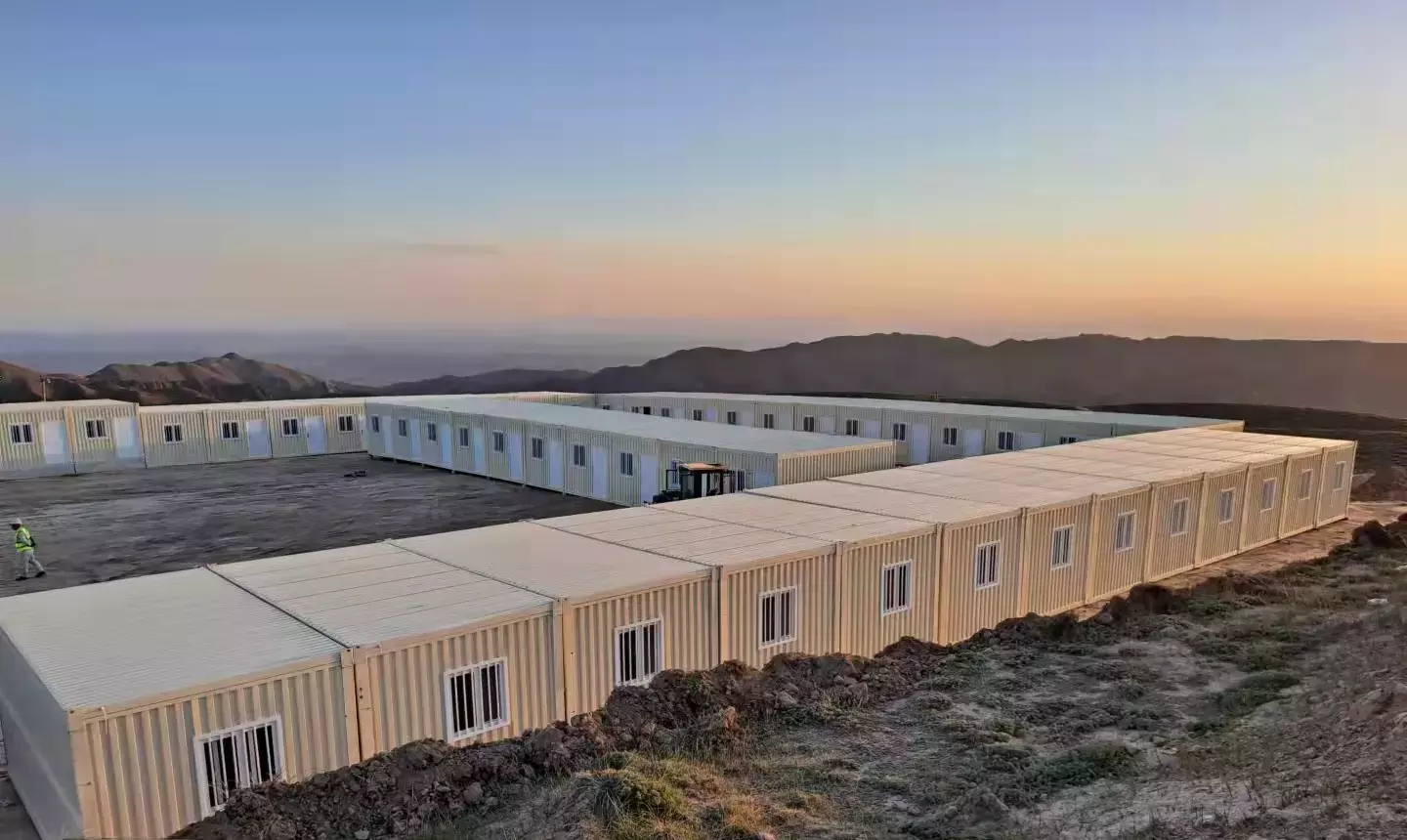Container Farmhouses: The Future of Agriculture
As global demands for agriculture and housing continue to rise, the agricultural sector is seeking more innovative and sustainable solutions to boost productivity and reduce environmental impacts. Container farmhouses are a concept gaining significant attention, reshaping farmlands and rural areas while providing a sustainable housing option. This article explores the prospects of container houses in the future.

1. Increasing Agricultural Productivity
The flexibility and expandability of container farmhouses make them an ideal choice for enhancing agricultural productivity. These farmhouses can be expanded as needed, providing more space for plant cultivation and animal husbandry. Additionally, the environmental control systems in container farmhouses can easily adjust temperature, humidity, and lighting to create optimal growing conditions, thereby increasing crop yields and quality.
2. Reducing Agriculture’s Environmental Footprint
Container farmhouses not only boost agricultural productivity but also mitigate agriculture’s adverse environmental impacts. By controlling water and energy usage and reducing the emissions of pesticides and fertilizers, these farmhouses promote sustainable agricultural practices. Moreover, they can reduce land use, preserving natural ecosystems.
3. Providing a Sustainable Housing Option
In addition to their applications in agriculture, container houses can serve as housing options in rural areas. These farmhouses can be transformed into modern and comfortable residences equipped with solar panels, rainwater harvesting systems, and energy-efficient appliances, thereby reducing energy and water consumption. This versatility makes them an ideal choice for sustainable living.
4. Fostering Economic Growth in Rural Areas
The construction and operation of container houses bring new economic opportunities to rural areas. They can attract investments, create job opportunities, and enhance the market value of local agricultural products. This contributes to economic growth and community development in rural areas.
5. Future Innovation and Development
The prospects for container houses are highly promising. With ongoing technological advancements, we can anticipate more innovations and developments, such as smart farmhouses and automated systems, further enhancing their efficiency and sustainability. Furthermore, the design and interior of these farmhouses will become more diversified to meet different agricultural and housing needs.

In conclusion, container farmhouses represent an innovation in both agriculture and housing sectors. They are poised to play a greater role in the future by increasing agricultural productivity, reducing environmental impacts, providing sustainable housing options, fostering economic growth in rural areas, and driving innovation in agriculture and housing.
